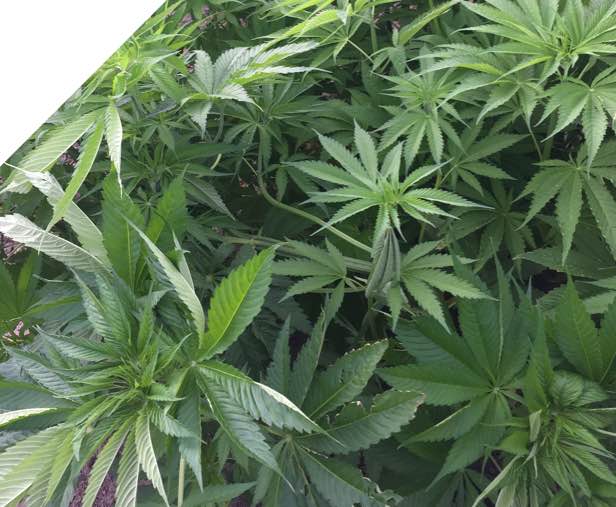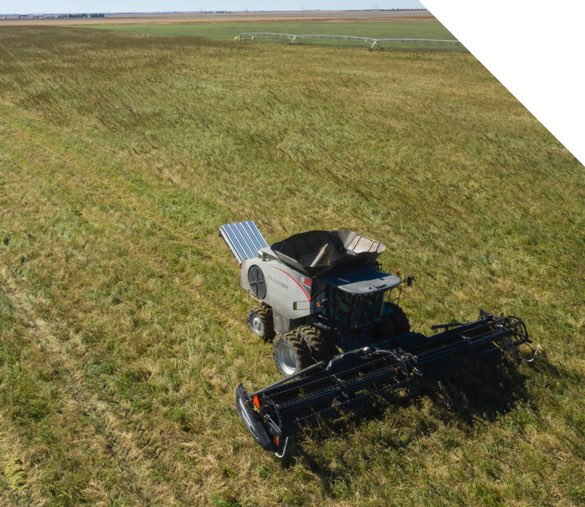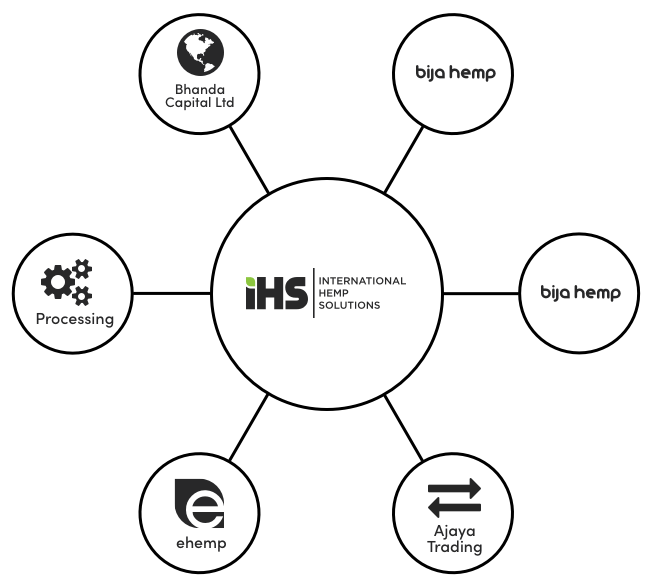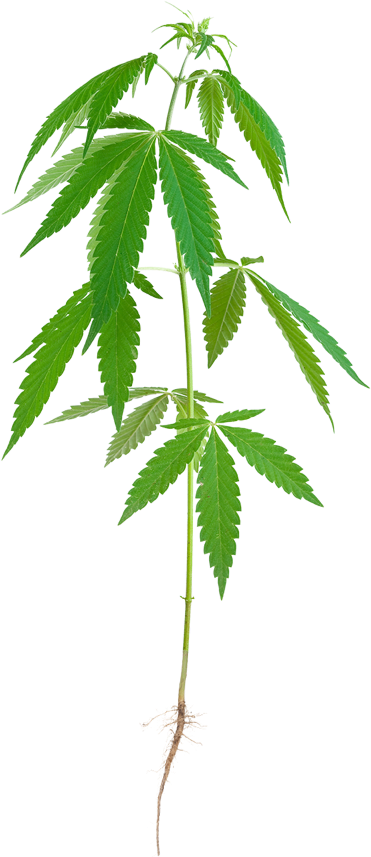The Leader in Industrial Hemp

International Hemp Solutions (IHS) is a Colorado-grown company architecting a global infrastructure to pioneer the growth of the U.S. industrial hemp market.
Since the passage of the 2014 Farm Bill, IHS has been facilitating the reemergence of industrial hemp as a staple agricultural commodity to foster economic development for American rural communities to rebuild their economies in the 21st century.
More About IHS

IHS is building a network of services to service all facets of the industrial hemp industry: certified seed acquisition, acclimatization and propagation, seed variety certification programs, genetic bioinformatics, consultation, harvesting, distribution, processing, and manufacturing for commercial uses.
Services
